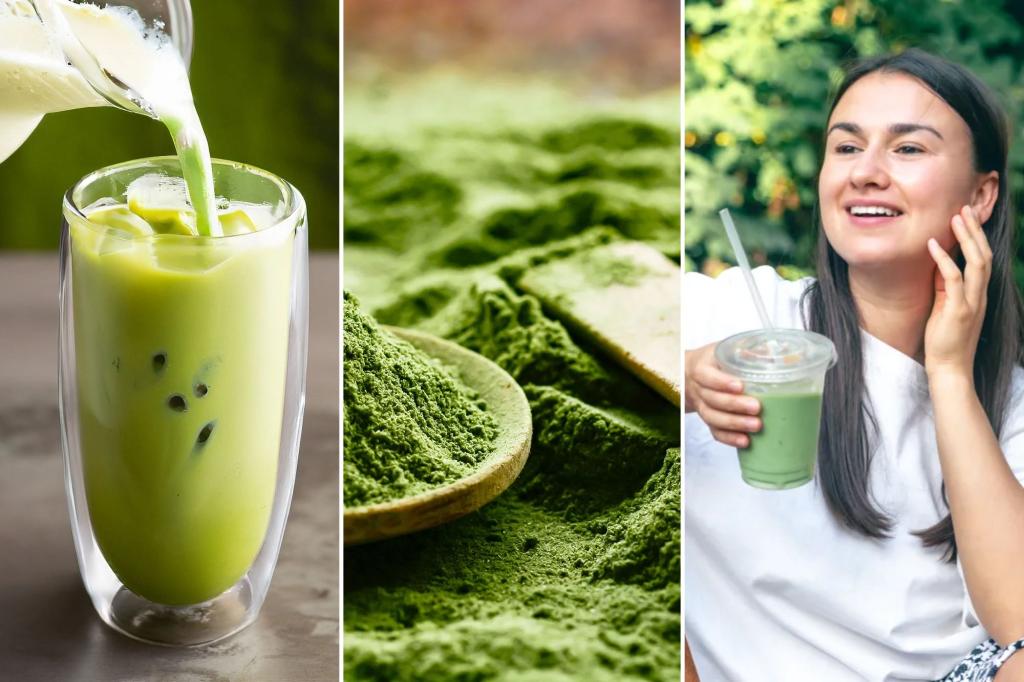Matcha has been gaining popularity in recent years, with matcha cafes appearing in many neighborhoods. Matcha, originating from Japan, is known for its energy-boosting properties, high nutrient content, and phytochemicals that strengthen the immune system. Unlike regular green tea, matcha comes from the same plant but is shade-grown and processed differently, using every part of the plant for its unique properties. It offers sustained energy without the jitters and dehydration that coffee can sometimes cause.
In terms of caffeine content, matcha is comparable to coffee, with a cup of matcha containing 75.6–177.6 mg of caffeine vs. 80–100 mg in coffee. The caffeine in matcha is thought to be absorbed more slowly due to the presence of antioxidants like L-theanine. This slower absorption can result in a longer-lasting energy boost without the typical coffee crash, making it a popular choice for those looking for sustained energy without the negative side effects associated with coffee.
Matcha has a unique taste that can be described as umami-rich, grassy, or nutty. While the taste may not appeal to everyone, the health benefits of matcha are undeniable. It is believed to help fight inflammation, diabetes, and improve heart health, memory, and focus. Matcha contains catechins, polyphenols, and other micronutrients that can contribute to overall health and well-being, providing an alternative source of energy for those looking beyond traditional green tea or coffee.
Traditionally consumed as hot tea, matcha is also popular as a sweet, iced latte in America. It can also be used in baking to add color and flavor. There are different grades of matcha available, including culinary, barista, premium, and ceremonial grades. Matcha powder can be purchased from various sources, from single-estate tins imported from Japan to more affordable options that offer a month’s supply. Regardless of the grade, matcha provides a range of health benefits that make it a popular choice for those seeking a daily boost to their diet.
In summary, matcha is a versatile and beneficial addition to one’s diet, offering sustained energy, nutrients, and antioxidants that can improve overall health and well-being. As an alternative to coffee or traditional green tea, matcha provides a clean energy boost without the negative side effects associated with other sources of caffeine. Despite its unique taste, matcha is enjoyed by many for its health benefits and ability to enhance various dishes and beverages. With its long history rooted in Japanese culture, matcha continues to gain popularity as a healthy and energizing choice for those looking to incorporate more superfoods into their daily routine.















